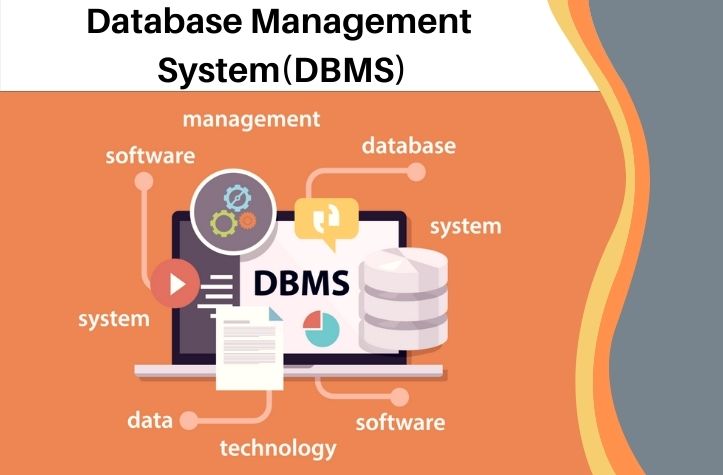What is Database Management System(DBMS)?
Database Management System(DBMS) is a collection of related data and data is a collection of facts and figures that can be processed to produce information. A DBMS stores data in such a way that it becomes easier to retrieve, manipulate and produce information.
Characteristics of DBMS:
Traditionally data is organized in file formats. DBMS is a new concept for storing information in the traditional style of data management. A modern DBMS has the following characteristics:-
- Real World Entity: A modern DBMS is more realistic and it usages real world entities to design its architecture.
- Relation Based Tables: DBMS allows entities and relations among them to form tables. A user can understand the architecture of database by looking the table names.
- Isolation of Data and Application: A database system is entirely different than its data. A database is an active entity where as data is said to be passive on which database works and organizes.
- Less Redundancy: Database follows the rules of normalization, which splits a relation when any of its attributes is having redundancy in values. Normalization is mathematically rich and scientific process that reduces data redundancy.
- Consistency: it is a state where every relation in a database remains consistent. There exist methods and techniques which can detect attempt of leaving database in inconsistent state. A DBMS can provide greater consistency as compared to earlier form of data storing application like file processing system.
- Query Language: DBMS is equip with query language which makes it more efficient to retrieve and manipulate data. A user can insert, update, search or delete data using some SQL commands.
- ACID Properties: The DBMS follows the concept of atomicity, consistency, isolation and durability. This concept is applied on transaction which manipulates data in a database.
- Multiuser and Concurrent Access: DBMS allows multiple user environments and allows them to access and manipulate data in parallel.
- Multiple Views: DBMS offer multiple views of different data. This feature enables the user to view the database according to users requirement.
- Security: The DBMS offers security from unauthorized access of data from a database.
Also read: Web Browser and Its Functions and Architecture
Advantages Of DBMS:
- Data Independence: Application programs should be independent as possible from details of data representations and storage. DBMS can provide an abstract view of data to insulate application code from such details.
- Efficient Data Access: A DBMS utilizes a verity of sophisticated techniques to store and retrieved data efficiently.
- Data Integrity and Security: If data is always access through the DBMS, the DBMS can enforce integrity constants on the data. Also the DBMS can enforce controls that govern what data is visible to different classes of users.
- Data Administration: When several users shares the data, centralising the administration of data can significant improvements. DBMS allows administration of data through centralised technique.
- Concurrent Access and Crash Recovery: A DBMS Schedules concurrent access to the data in such a manner that users can think of the data as being accessed by only one user at a time. DBMS also protect users from the affect of system failure.
- Reduce Application Development Time: The DBMS supports much important function that is common to many applications accessing data stored in the DBMS. This in conjunction with the high level interfaces to the data and facilitates quick development of applications.

